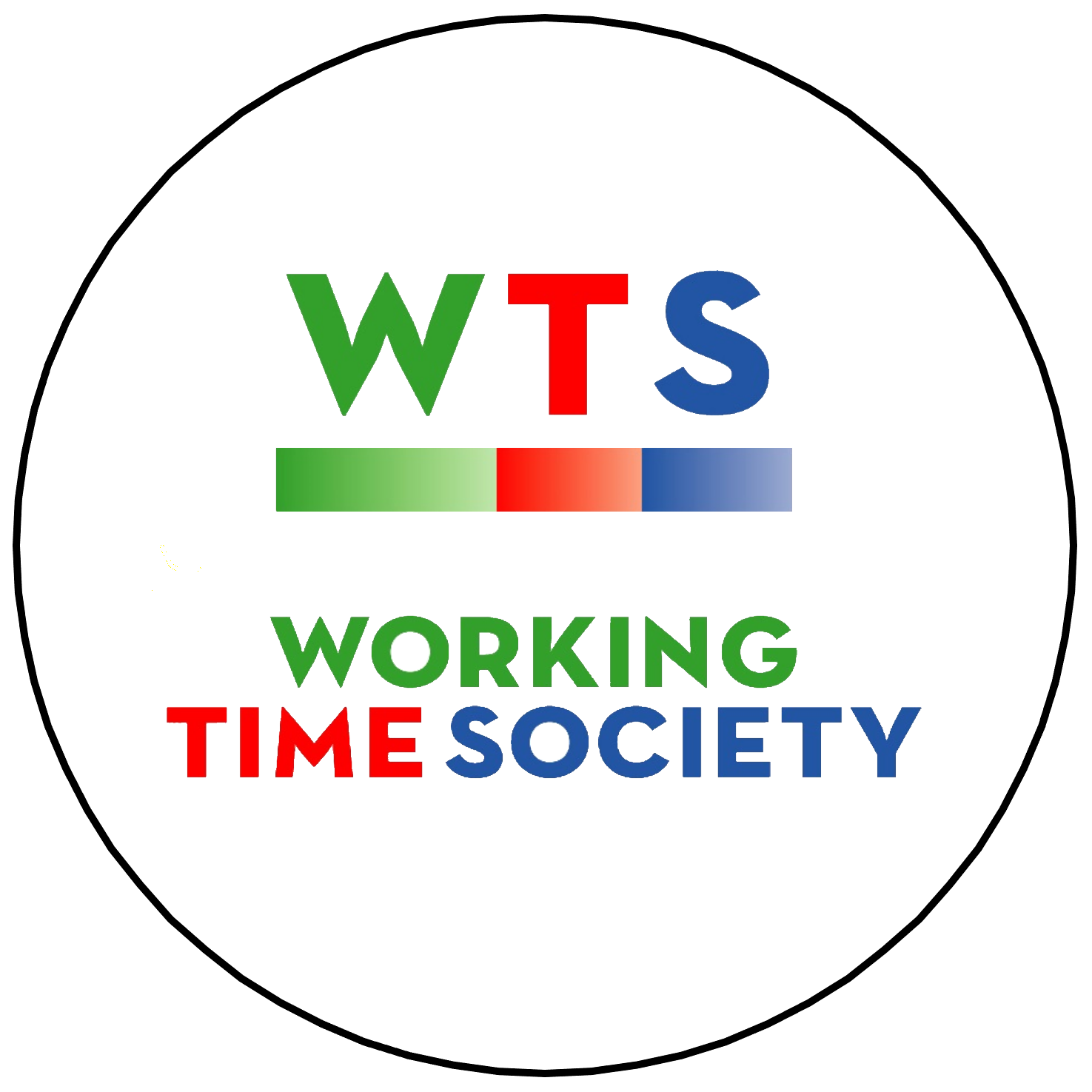Working Time Society Board
(2024-2027)
ELECTED BOARD MEMBERS
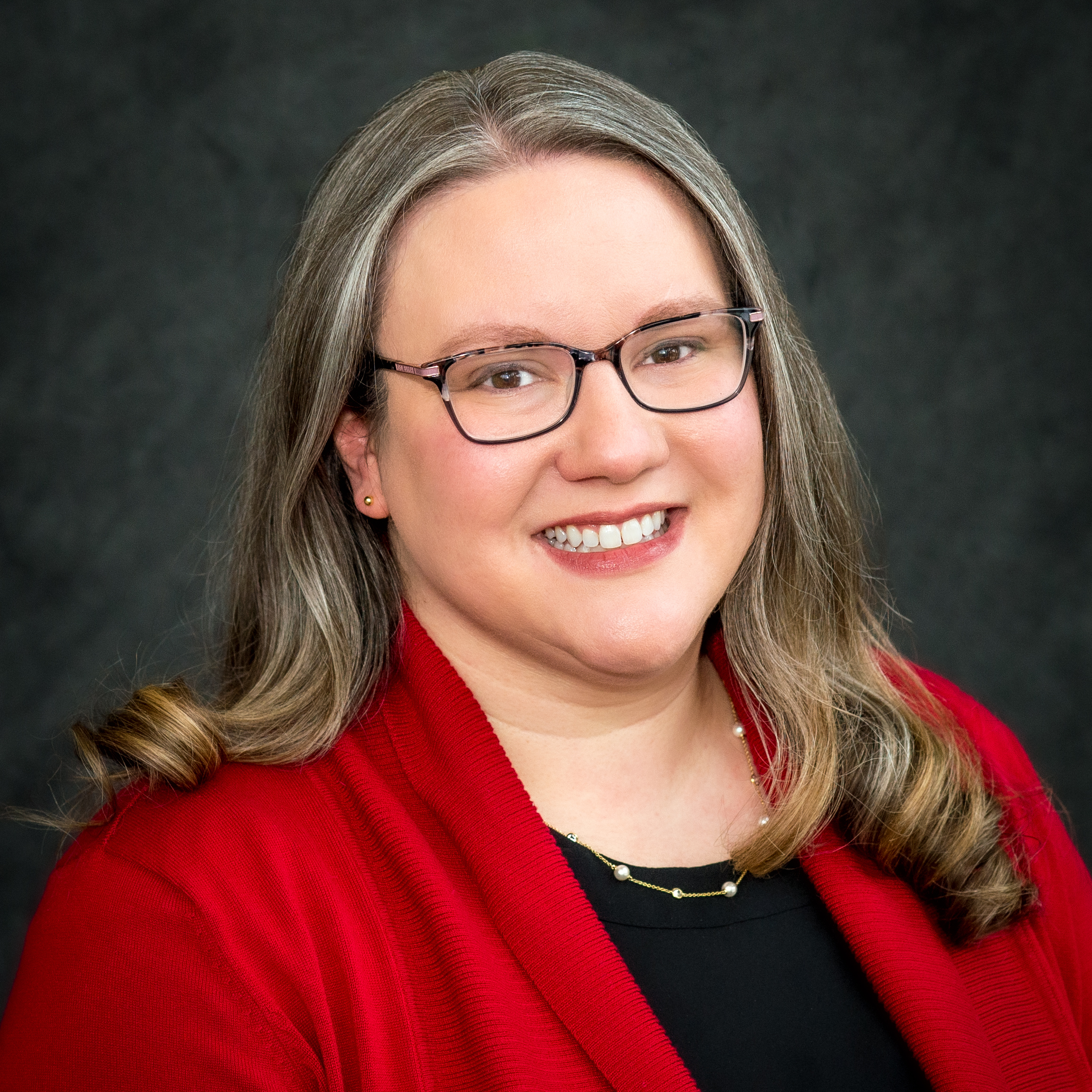
PRESIDENT: Kimberly Honn (1st Term)
Kimberly A. Honn, PhD, is an Associate Professor in the Department of Translational Medicine and Physiology at Washington State University in Spokane, Washington, USA. Her research focuses on the effects of sleep loss and shift work schedules on cognitive performance, safety, and health. In the Sleep and Performance Research Center laboratory, she uses specially designed computerized tests to identify particular cognitive functions that are most vulnerable or most resilient to the effects of sleep deprivation alone or in combination with stress, caffeine, and other factors to determine how to prevent sleep loss-related errors. This research is translated into real-world settings through simulator and field research projects in commercial transportation, including aviation, trucking, and rail. In 2019, she was co-chair of the 24th International Symposium on Shiftwork & Working Time in Coeur d’Alene, Idaho, USA. She has been an active member of the WTS since 2015 and a WTS board member since 2021.

Secretary: Anne Helene Garde (1st Term)
Anne Helene Garde is a research professor of psychosocial work environment at the National Research Centre for the Working Environment in Copenhagen, Denmark. Her research relates to health effects of work environment exposure with special focus on effects of working time arrangements e.g. night work and shift work and psychophysiology. Main questions are if night work is a risk factor for disease and accidents and how night work could be scheduled in order to minimise this risk. For this purpose large epidemiologicial studies using registers of payroll data of working hours linked to the national health and social registers are used side by side with field studies on physiological effects.
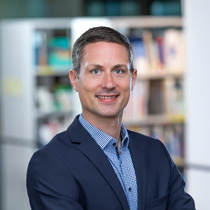
Treasurer: Nils Backhaus (1st Term)
Nils Backhaus is the Head of the Working Time and Flexibilisation Unit at the Federal Institute for Occupational Safety and Health (BAuA). He is also responsible for overseeing the BAuA-Working Time Survey, which provides insights into the working time patterns and trends in Germany. He has been working as a researcher and policy advisor in the field of working time and telework since 2018. His academic journey includes a degree and a Ph.D. in Psychology respectively Human Factors.
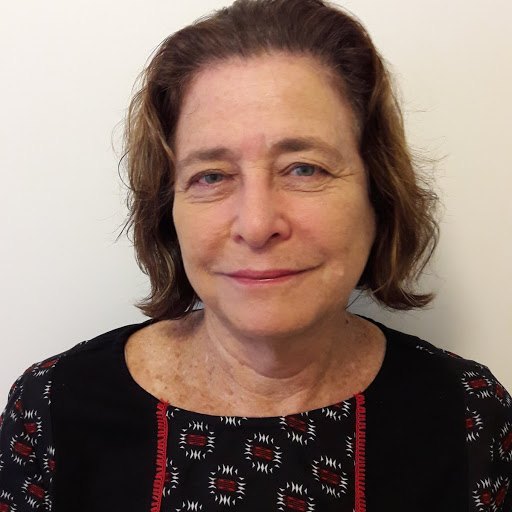
Frida Marina Fischer
Frida Marina Fischer is full professor at the Department of Environmental Health, School of Public Health, University of São Paulo (USP). She holds a BSC degree in Biological Sciences, Master and PhD in Public Health, University of São Paulo, Pos Doc at the Institute of Occupational Health in Dortmund, and specialization in Ergonomics (USP Institute of Psychology). She belongs to the Scientific Council of the Brazilian Association of Ergonomics, and is a senior member of the National Association of Occupational Medicine. Frida was president of the Working Time Society and chair of the Subcommittee of the ICOH Shiftwork and Working Time, from 2010 to April 2018. She was elected a member of the Board of the International Commission on Occupational Health (ICOH) in April 2018 and re-elected for the period 2022-2024. She does research and teaching in the area of Public/collective Health with an emphasis on Occupational Health. Her main areas of interest are: work organization, shift and night work, ergonomics, psychosocial factors at work, work-related illnesses, early functional aging. She is an ad hoc reviewer for national research agencies and for several national and international journals. She holds the title of Fellow of the International Ergonomics Association and Fellow of the Working Time Society.
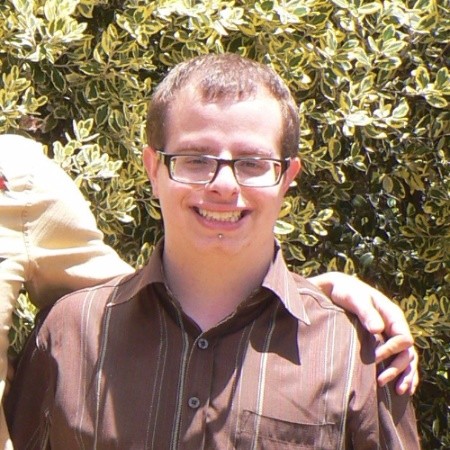
Anastasi Kosmadopoulos (1st Term)
Anastasi Kosmadopoulos is a postdoctoral researcher at the Appleton Institute, Central Queensland University, and he has been a member of the Working Time Society for the past 10 years. Over this time, he has been dedicated to investigating problems and potential solutions that are relevant and practical for industries grappling with the challenges of shift work – especially as it concerns the interplay between circadian rhythms, sleep, and fatigue in diverse populations.

Tomohide Kubo (1st Term)
Tomohide Kubo, Ph.D, has been working as a senior researcher in Japan NIOSH since 2018. My research focuses on occupational fatigue and recovery toward sustainable healthy workplace. I have been studying how shift work intervention (e.g., napping, worktime control, and changing shift schedule) could be beneficial on reducing fatigue and stress among shift workers. Also, I have experience as the field editor (Ergonomics field) of Journal of Occupational Health, the guest editor of Chronobiology International, and a visiting researcher in Finnish Institute of Occupational Health.
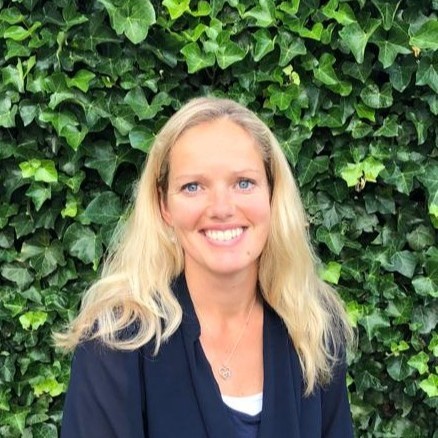
Heidi Lammers-van der Holst (1st Term)
Heidi Lammers-van der Holst, PhD, is an Assistant Professor in Occupational Health at Erasmus MC in the Netherlands. She first attended a WTS symposium in Brazil in 2001. She has a strong background in applied research across healthcare, law enforcement, and industry, with a focus on understanding health risk mechanisms through biomarker studies and developing circadian-based strategies to improve shift workers’ well-being and performance. After being a postdoc at the Division of Sleep and Circadian Disorders at Brigham and Women’s Hospital and Harvard Medical School in Boston, she became an Assistant Professor in Occupational Health at Erasmus MC in the Netherlands, in 2023.
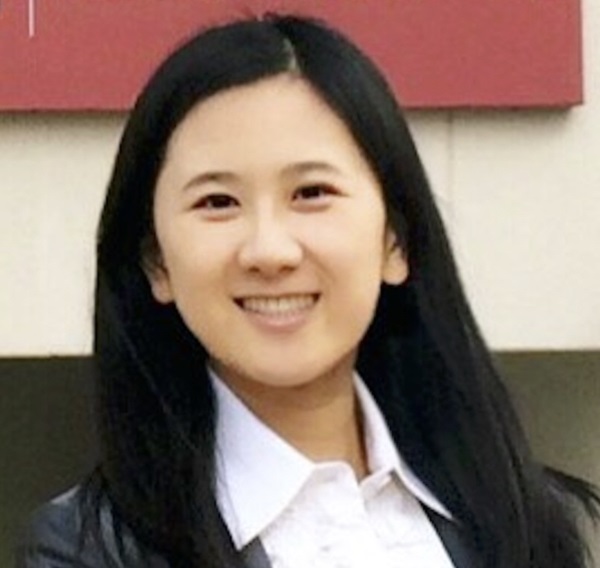
Ro-Ting Lin (1st Term)
Dr. Ro-Ting Lin received her B.Sc., M.Sc., and Ph.D. degrees from College of Public Health (CEPH-accredited), National Taiwan University, Taiwan. She is an Associate Professor at China Medical University, Taiwan, and the Secretary-General of the Taiwan Occupational Hygiene Association. She holds an Honorary Associate position at the Asbestos and Dust Research Diseases Institute, Australia and a Visiting Associate Professor at Chiba University, Japan. Her research focuses on environmental and occupational health epidemiology and corporate initiatives for worker health.
She has served as a Research Associate at the University of Occupational and Environmental Health (Japan), a Takemi Fellow at the Harvard T.H. Chan School of Public Health (USA), and a Postdoctoral Research Fellow at the National Institute of Environmental Health Sciences (Taiwan). Her expertise complements her hands-on experience—nearly six years at Taiwan Semiconductor Manufacturing Company (TSMC), where she led corporate-level research in environmental and occupational health. Through her involvement, she has played a significant role in promoting occupational health practices.
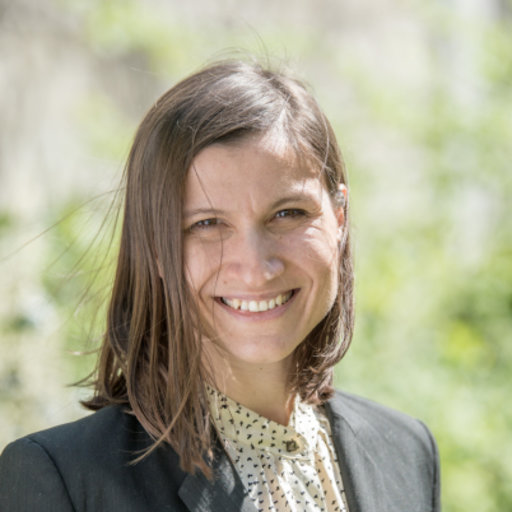
Kyriaki Papantoniou (2nd Term)
My research field is the epidemiology of shift work, sleep, circadian disruption and cancer. I have a strong interest in the carcinogenic mechanisms that link light-at night with cancer risk and particularly biomarkers of chronic disease that can be used in shift work field studies.
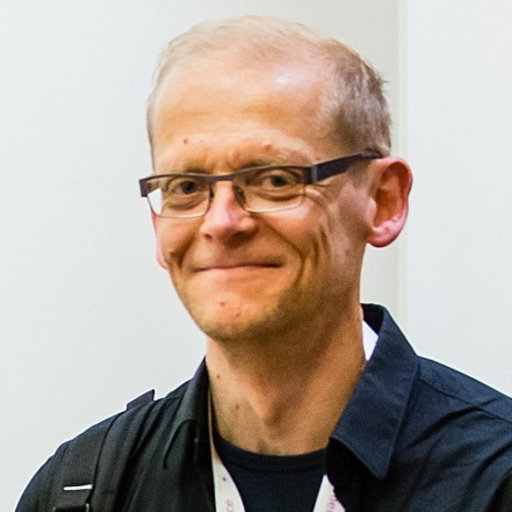
Mikael Sallinen (2nd Term)
Mikael Sallinen is a Research Manager at the Finnish Institute of Occupational Health (FIOH) and an Adjunct Professor at the University of Jyväskylä, Finland. At FIOH, Mikael leads a program of twenty researchers and experts called Workload and Recovery. In the field of research, Mikael has led a range of field studies in recent years, with a focus on working hours, sleep, and fatigue in transport. He has also contributed to register-based studies on irregular working hours and occupational injuries and sickness absence. His more recent research topics include promoting work ability among shift workers and resilience in 24/7 safety-critical occupations through workload management.
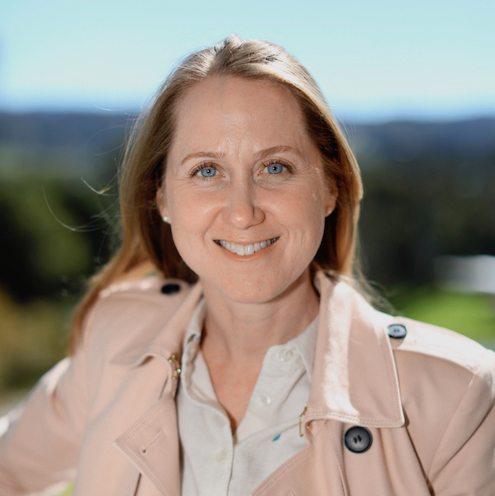
Charli Sargent (1st Term)
Charli Sargent, PhD, is an Associate Professor at the Appleton Institute for Behavioural Science (CQUniversity, Australia). A major part of her research is focused on the effects of shiftwork – including optimal sleep/wake schedules, effects of ambient lighting, and potential countermeasures. She has been a member of WTS since attending the Venice symposium (2009) and was a member of the Organising Committee and Scientific Committee for the Uluru symposium (2017).
CO-OPTED BOARD MEMBERS
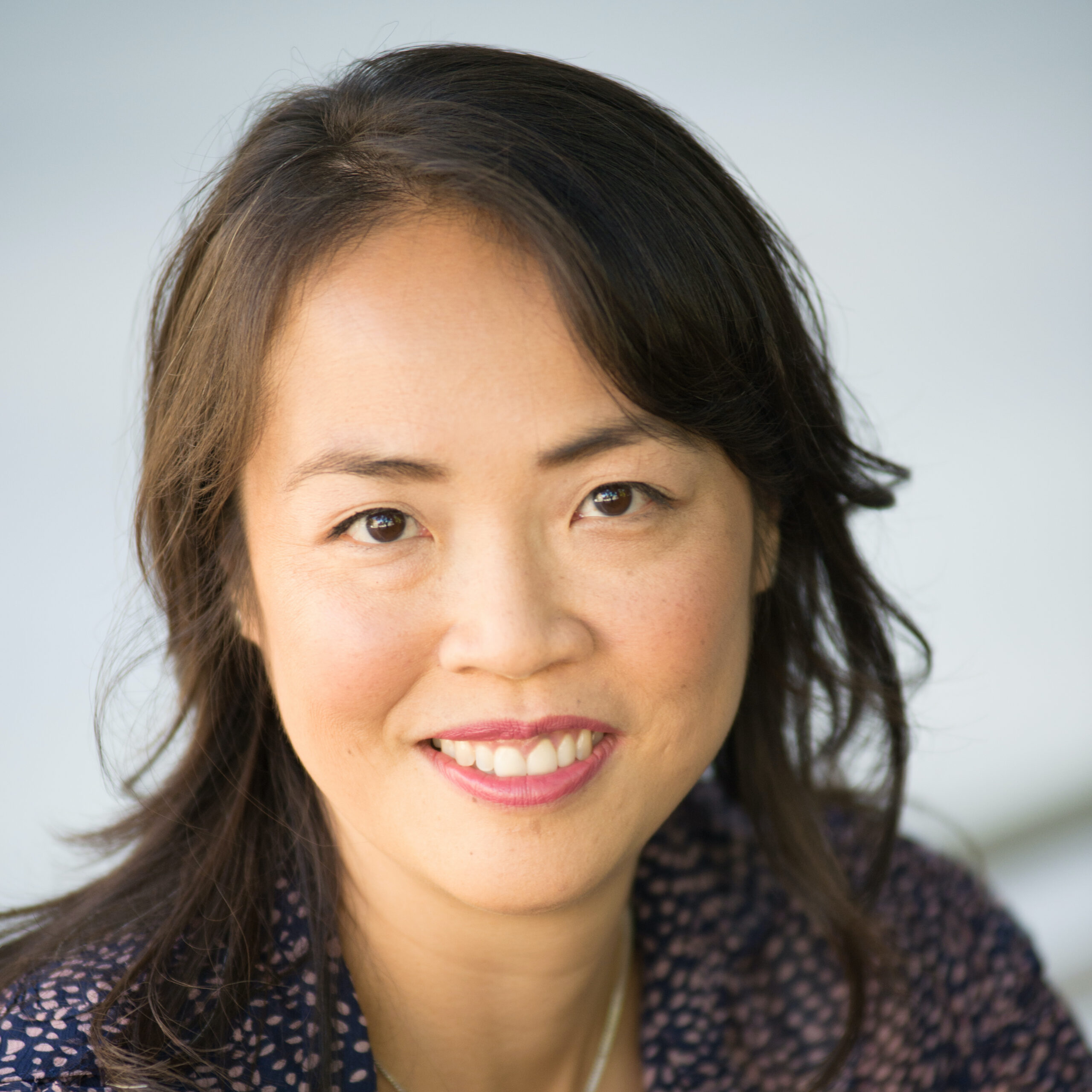
ICOH Scientific Committee on Shiftwork and Working Time
Chair: Imelda Wong (1st Term)
Imelda Wong is an Occupational Hygienist and Epidemiologist with the CDC/National Institute for Occupational Safety and Health (NIOSH). Her currently role is Program Leader for the NIOSH Center for Work and Fatigue Research. Imelda has served on the Executive Board for Working Time Society the Executive Board, since 2012. She has been a guest editor for 2 recent themed journal issues, Industrial Health and the American Journal of Industrial Medicine, that address health and safety risks associated with nonstandard work hours and fatigue.
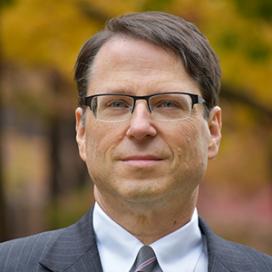
Stephen Popkin
Stephen Popkin, PhD is the Deputy Director of the United States Department of Transportation’s Volpe National Transportation Systems Center. The Volpe Center is an organization within the Office of the Secretary of Transportation responsible for systems level transportation analysis, engineering and research support: https://www.volpe.dot.gov. He received a doctorate degree in Industrial/Organizational Psychology from the University of Connecticut (USA), studying the impact of irregular and unpredictable work hours on locomotive engineers. Previously he has worked with the US submarine force and for a private contracting firm examining and addressing issues of fatigue, and earlier spent a year as a doctoral fellow at the Finnish Institute of Occupational Health conducting dose response sleep studies. He has served as the Rail Group Chair for the (U.S.) National Academies of Science, Engineering and Medicine’s Transportation Research Board, and as the Implementation Lead for the U.S. Department of Transportation’s Safety Council.
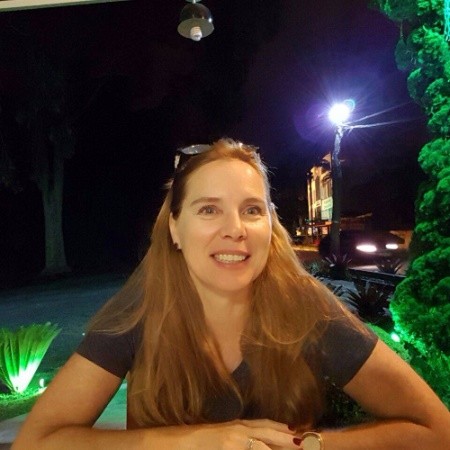
Claudia Moreno
Claudia RC Moreno, PhD, is Associate Professor at the School of Public Health, University of São Paulo, Brazil, since 2006. She is affiliated researcher at the Stress Research Institute at Stockholm University, Sweden, from 2015 to 2018, and board member of the Brazilian Sleep Society. Her research profiles are available at:
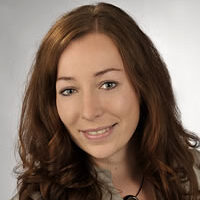
Anna Arlinghaus
Anna Arlinghaus, PhD, is currently working as a senior consultant at XIMES GmbH, Austria / Germany. She graduated in Industrial/Organizational Psychology at University of Oldenburg, Germany, and worked as a doctoral student for the German Federal Institute of Occupational Safety and Health. After finishing her PhD in 2010, she was awarded a 2-year postdoctoral research fellowship at Harvard School of Public Health and Liberty Mutual Research Institute for Safety, Boston, USA. Her main topics of work include investigating the effects of long and flexible work hours and shift scheduling on occupational safety, health, and social well-being. In addition to her position in the WTS, Dr. Arlinghaus is a co-founder and board member of the German-speaking WTS sister organization “Arbeitszeitgesellschaft e.V.” since 2012.
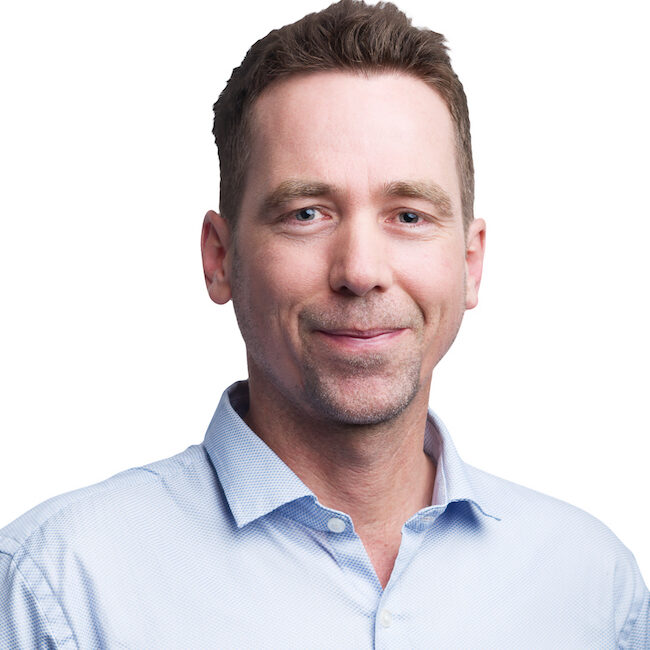
Photo: Headshots Adelaide
Greg Roach
Greg Roach is a Professor at the Appleton Institute for Behavioural Science, CQUniversity. Greg has conducted a range of projects in laboratory-, simulator-, and field-based settings. This research is focused on the impact of irregular work schedules on the sleep/wake behaviour of shiftworkers; the development of technologies and systems to manage the fatigue risk associated with shiftwork; the mechanisms that control the human sleep/wake system; the effectiveness of split sleep/work schedules for employees in industries that require long hours of duty on consecutive days; the impact of sleep restriction and body clock disruption on a predisposition to develop chronic illnesses such as obesity, diabetes, and cardiovascular disease; and the relationships between training load, sleep patterns, and sports performance in world-class athletes.
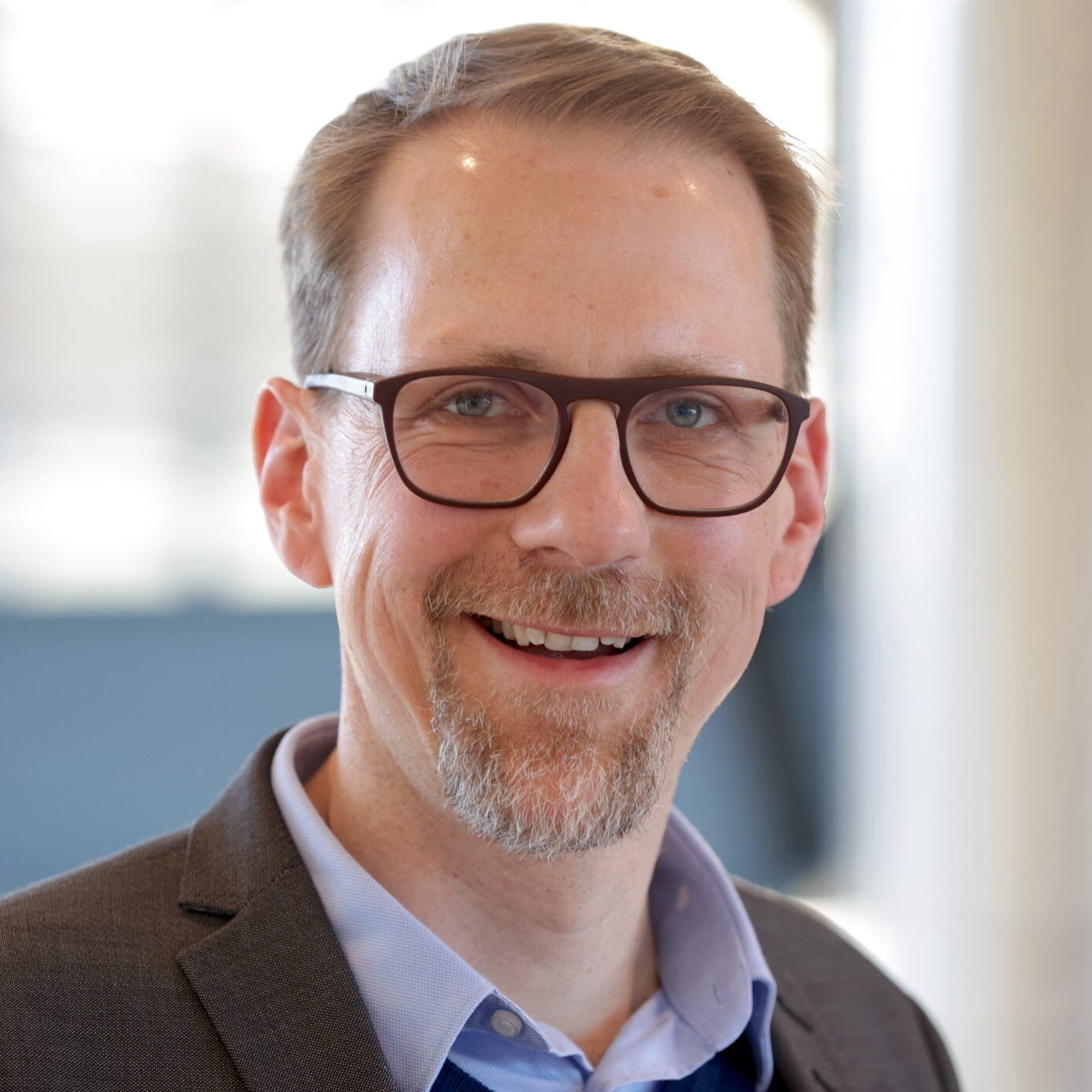
Thomas KANTERMANN
Thomas Kantermann studied biology (diploma) and psychology (minor) at the University of Bielefeld (DE). Thomas received his PhD in biology from the Ludwig-Maximilians-University Munich (DE) in 2008. Thomas habilitated in medical psychology at the Ludwig-Maximilians-University Munich (DE) in 2016. During these years he worked at the University of Rostock (DE), Ludwig-Maximilians-University Munich (DE), University of Surrey (UK), Universitätsmedizin Charité Berlin (DE) and at the Rijksuniversiteit Groningen (NL). He has been teaching at the FOM University (Essen, DE) since 2017. In 2018 he was appointed Professor of Health Psychology at the FOM University (DE).
Thomas is experienced in applied chronobiology research and putting the results into practice through numerous projects, including experience in policy consulting. Thomas Kantermann is a co-opted board member of the Working Time Society, founding member of the Daylight Academy (Velux Foundation; CH), reviewer for various scientific international journals, editor of the journal Clocks & Sleep and Chief Scientific Officer at Novalogy Inc. (Ayo). Since 2023 he has been a member of the Academic Board of the CIBE Center for Innovation, Business Development & Entrepreneurship at FOM University. In addition, since 2007 he has been a freelance scientific consultant and speaker in the fields of human chronobiology, sleep, health and performance (SynOpus).
